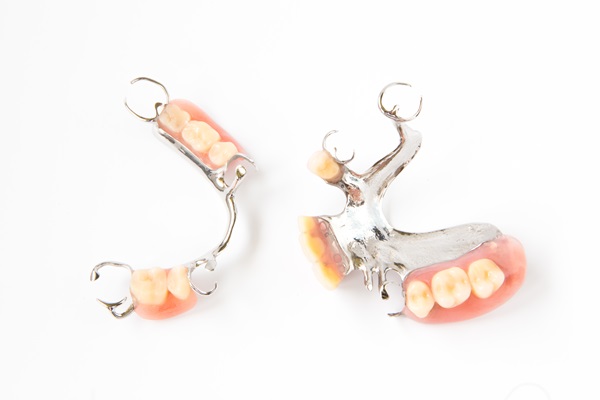How Painful Can a Tooth Extraction Be?
is a very common procedure that is usually recommended for the benefit of one’s oral health. But many people worry about tooth extraction pain. However, the good news is that modern anesthetic techniques make the procedure as comfortable as possible. It is important to follow your dentist’s aftercare instructions after the procedure. This will not only help to speed recovery but also avoid complications. Read on to find out more about tooth extraction and how to manage tooth extraction pain.
Tooth extraction pain
Dentists and dental surgeons usually perform tooth extractions. Before extracting the tooth, the dentist will inject a local anesthetic to numb the area and prevent pain. Sometimes, dentists may opt to use a strong general anesthetic. It will help prevent pain throughout the body and cause the patient to sleep through the procedure.
A general anesthetic is often used when the patient is a child or several teeth have to be removed. For a simple extraction, a dentist will use an instrument called an elevator to loosen the tooth. The tooth will then be removed using dental forceps. After the extraction, a blood clot usually forms in the socket. The provider will pack a gauze pad into the socket to help stop the bleeding. In some instances, a few stitches are also necessary.
Anesthetics
An anesthetic can help to reduce discomfort. The injection to administer the anesthetic can be a little painful, but dentists may use a numbing gel to help with the pain. After the anesthesia wears off, it is normal to feel some pain or discomfort. A dentist can prescribe medications to help manage the pain. Particular over-the-counter products may also be recommended.
After surgery, the area around the socket will feel tender and a patient may experience some swelling in the face. Applying an ice bag to the affected area right after the dental procedure can help to reduce swelling. They should only be applied for 10 minutes at a time. Leaving ice packs on for too long can lead to tissue damage.
When to call the dentist
After surgery, the discomfort should subside after a few days. But sometimes a patient may continue to experience pain or the pain may get worse with time. This could be a result of infection at the extraction site so the dentist should be contacted immediately. If either pain or bleeding is still severe after some hours following the procedure, the patient should also contact the dentist. There are also other signs and symptoms that people should watch out for. These include signs of infection like fever and chills, swelling, redness, or excessive discharge from the affected area, or nausea or vomiting.
Pain management
After surgery, pain, swelling, and bleeding are common. If your dentist has prescribed medication to manage pain and prevent infection, use it only as directed. Ice packs and saltwater rinses can also help to reduce swelling and pain. Saltwater rinses may also help to kill bacteria in the mouth. If you experience any problematic symptoms after your tooth extraction surgery, call your dentist immediately.
Are you considering tooth extraction in the San Dimas area? Get more information at https://sandimassedation.com.
Check out what others are saying about our dental services on Yelp: .
Recent Posts
This article discusses when a dentist may recommend tooth extractions after an accident occurs. Tooth extractions may be necessary after a dental emergency if teeth are damaged beyond what dental restorations can address or if the teeth cannot be repositioned in their sockets properly.A dental emergency can happen at the most unexpected times. It is…
You may be feeling anxious about your upcoming tooth extraction. Most people arrive at the dental clinic and put their full trust in their dentist. This is fine, but it is still helpful to know what to expect the moment you walk through the clinic’s doors. If you want to know what you should expect…
A tooth extraction might be necessary for multiple instances. The tooth comes out of the patient’s mouth because of an infection or other reason. A dentist tries to keep the teeth intact as long as possible, but not every tooth can be saved. Keep reading to learn more about why you might need an extraction.Tooth…
If you have a problem with your tooth, your general/family dentist might recommend a tooth extraction. The dentist will extract the tooth and the root. You need to care for the extraction site after the procedure and also take measures to promote healing. Get some tips for post-extraction care.People get teeth pulled for various reasons.…


